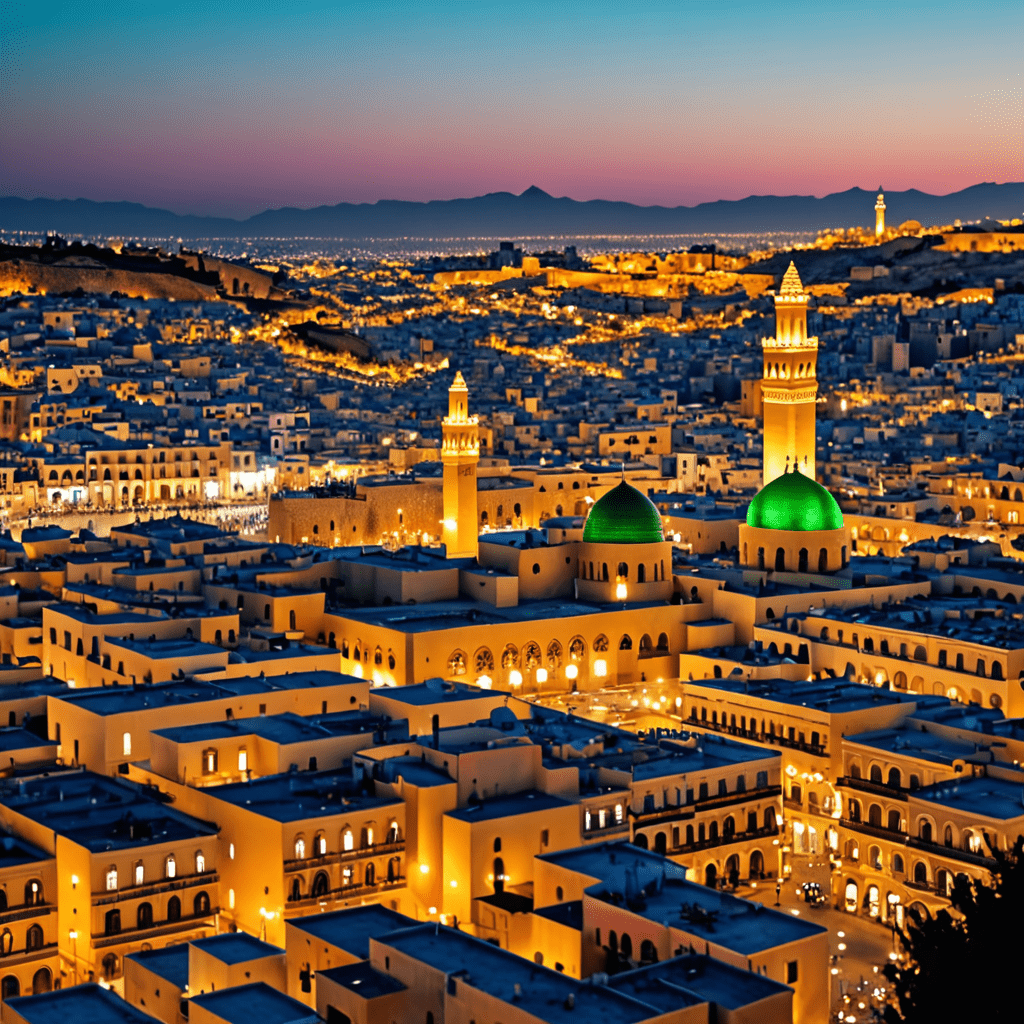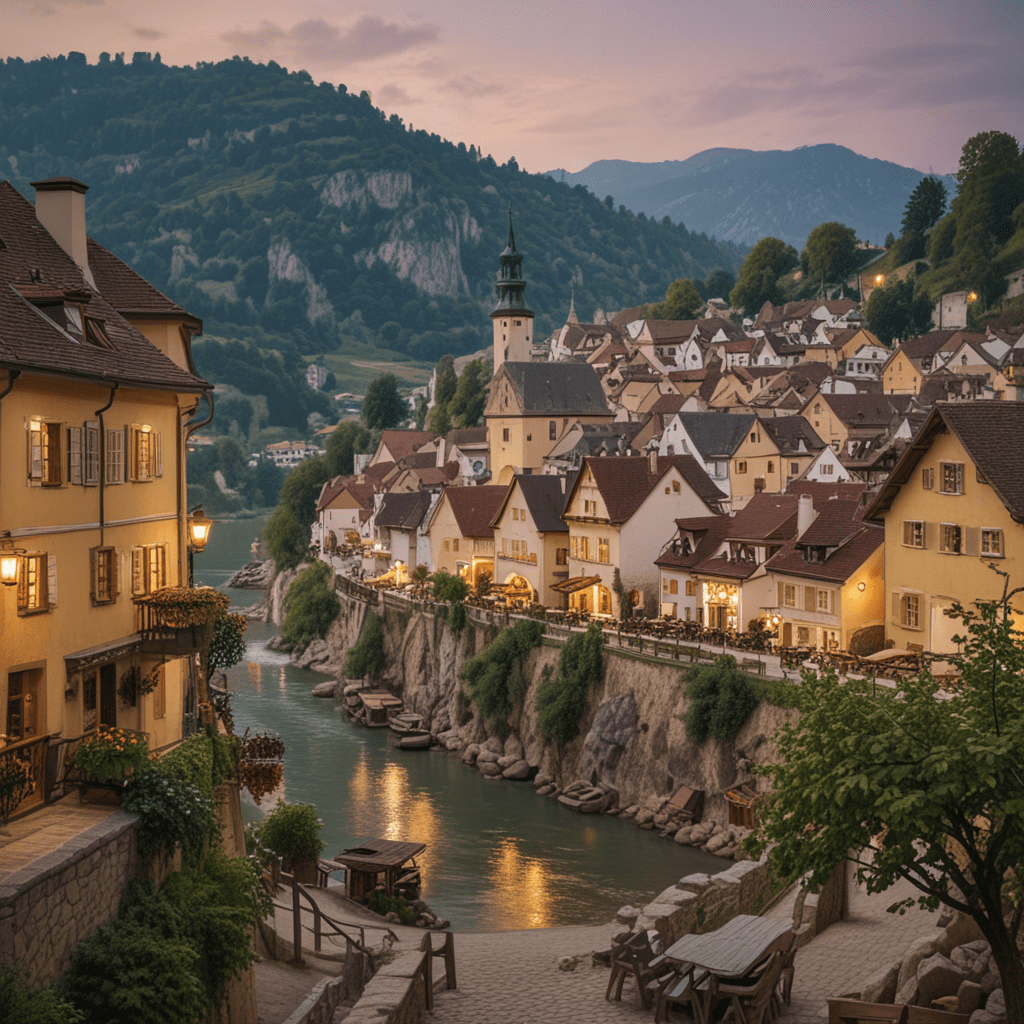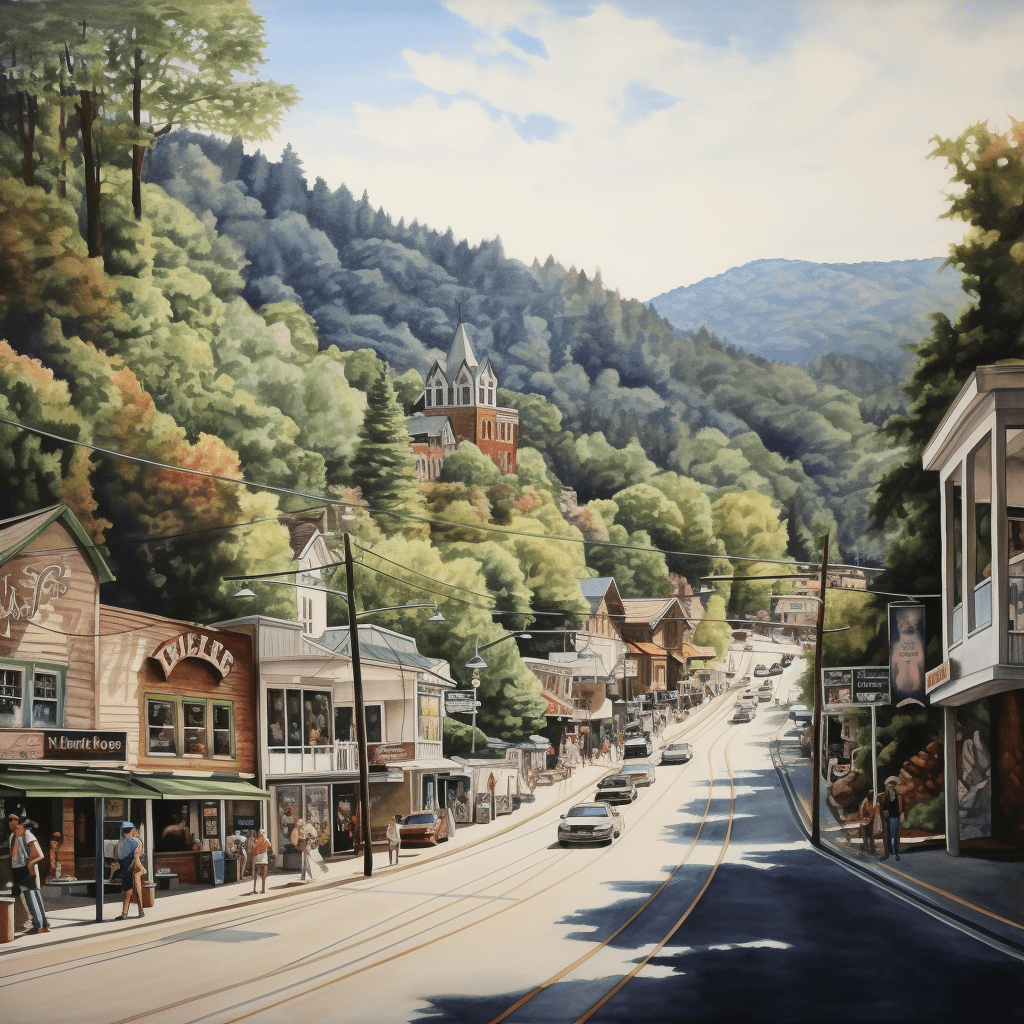
The Rich Cultural Heritage of Algeria
Algeria, a North African country rich in history and diversity, boasts a vibrant cultural heritage that reflects its unique blend of influences from indigenous Berber, Arab, and French traditions. Let’s delve into the fascinating tapestry of Algeria’s cultural richness.
1. Berber Influence
The Berber people, indigenous to North Africa, have significantly shaped Algeria’s cultural landscape. From traditional music and dance to intricate handicrafts, Berber influence is prevalent in various aspects of Algerian life, highlighting a deep-rooted connection to the land and its history.
2. Arab Heritage
Arab culture has also left an indelible mark on Algeria, particularly evident in the language, cuisine, and Islamic architecture that grace the country. The vibrant souks, mosques, and calligraphy reflect the Arab influence that adds depth and beauty to Algeria’s cultural mosaic.
3. French Legacy
As a former French colony, Algeria exhibits a blend of French influence in its culinary traditions, urban planning, and language. The French legacy, intertwined with Algeria’s rich history, contributes to the multifaceted identity of the country and provides a unique perspective on cultural exchange.
4. Traditional Music and Dance
The rhythmic beats of traditional music and the graceful movements of Algerian dance forms captivate spectators and offer a glimpse into the soul of the nation. From the energetic Chaabi music to the spirited Rai dance, Algerian artistic expressions are a vibrant reflection of its cultural diversity.
5. Culinary Delights
Algerian cuisine, a fusion of flavors from Berber, Arab, and Mediterranean traditions, tantalizes the taste buds with aromatic spices, savory tagines, and sweet desserts. The culinary delights of Algeria provide a sensory journey through centuries of gastronomic history.
6. Architectural Splendor
The architecture of Algeria showcases a melding of styles, from ancient Roman ruins like Timgad to intricate Ottoman palaces and French colonial buildings in Algiers. Each structure tells a story of conquest, heritage, and innovation, creating a visual narrative of Algeria’s past and present.
7. Festivals and Celebrations
Throughout the year, Algeria comes alive with vibrant festivals and celebrations that honor its cultural heritage. From the colorful Mawlid an-Nabi processions to the traditional Yennayer New Year festivities, each event offers a window into the diverse traditions that unite the people of Algeria.
Frequently Asked Questions about The Rich Cultural Heritage of Algeria
What makes Algeria’s cultural heritage unique?
Algeria’s cultural heritage is a blend of Berber, Arab, and French influences, making it a rich and diverse tapestry of traditions, languages, and customs.
What are some key elements of Algeria’s cultural heritage?
Key elements include traditional Berber music, intricate Moorish architecture, flavorful Algerian cuisine, vibrant festivals like Yennayer, and the art of henna tattooing.
How does Algeria’s history contribute to its cultural heritage?
Algeria’s history, from ancient civilizations like the Numidians and Romans to Islamic conquests and French colonization, has left a lasting imprint on its cultural practices and artistic expressions.
What are some must-visit cultural sites in Algeria?
Must-visit sites include the ancient Roman ruins of Timgad, the captivating Casbah of Algiers, the historic city of Constantine, and the stunning desert landscapes of the Sahara.
How can tourists experience Algeria’s cultural heritage?
Tourists can immerse themselves in Algerian culture by exploring traditional markets, attending music and dance performances, sampling local cuisine, visiting museums, and interacting with local artisans and craftsmen.

